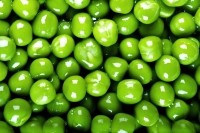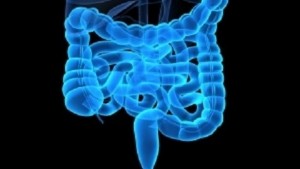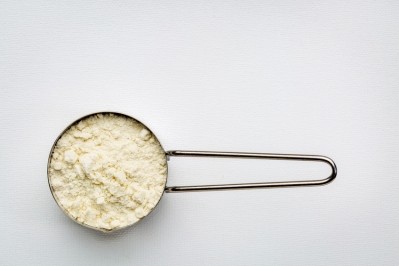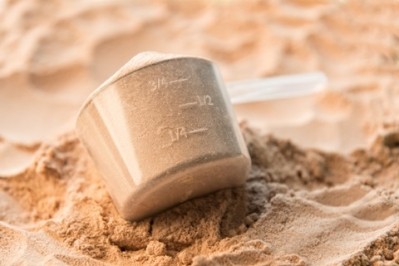Special edition: Protein perspectives
Probiotics flex their muscles to enhance protein efficacy

For athletes, getting enough protein into their system has been part of the problem. In recent years, flavoured waters, fruit and vegetable juices, blended with whey protein isolate and hydrolysed collagen, and sweetened with sucralose, have provided an easy method to get a daily protein fix. Not to mention bars, home-mix powders and protein tablets.
Examples include Protein2o, a beverage that packs in a meaningful amount of protein, without the calories. It also ticks a number of nutritional boxes having been formulated to be sugar-free, lactose-free and crucially low calorie with 70 calories per 500ml bottle.
Protein mix

Blending proteins to gain the best of both worlds and achieve customised delivery profiles has been high on the agenda in sports nutrition. Whey protein is still the protein of choice particularly for athletes due to its fast absorption rates and immediate accessibility to crucial amino acids.
From a functional perspective, combining whey isolate with pea protein addresses new needs in the market. According to Benoit Turpin, vice president of sales for Minnestoa-based Milk Specialties Global, pea is absorbed at a more sustained rate than whey, but it is much faster than casein.
“This helps the ingredient hit the oft-mentioned 45-minute to 60-minute window after exercise,” he told our sister site NutraIngredients-USA.
“This is the time many sports physiologists cite as the optimal moment for protein delivery to stimulate muscle recovery and growth after a hard workout.”
Protein-iotics
Protein has been linked with the area of probiotics as food supplement makers look to combine the two to enhance protein utilisation. The idea that immune health is interconnected with sporting performance forms the basis of these products as knowledge of their relationship grows.
Athletes are a leading target group due to proteins well-documented role in muscle development and maintenance and repair (backed with EU-approved claims) but also due to the fact that hard training impairs the immune system.
Another key target group are older people. Due to anabolic resistance, elderly individuals need higher amounts of protein (approximately 40 g / day versus 20-25 g for younger people) to optimally stimulate muscle protein synthesis to counter sarcopenia, the age-related muscle loss.
'Massive opportunities'

“Within the sports industry it is known that there are gastrointestinal and immune challenges, and a probiotic that supports the digestive and immune system without any side effects is very beneficial,” said Mike Bush, senior vice president of Ohio-based probiotics specialist, Ganeden, and executive board president at the International Probiotics Association (IPA).
“When you then take into consideration that protein is consumed to help increase recovery and optimise nutrition, a probiotic that has been shown to enhance the utilisation of that protein, should be part of everyone’s regimen. The combined multi-billion probiotic and protein markets present massive opportunities.”
According to recent data presented by Chris Schmidt from Euromonitor International, sports nutrition offers a great opportunity to expand the €2.4bn global probiotic supplement market (the global probiotic food market is put at €32bn).
Dr Ralf Jaeger, co-founding partner of Increnovo LLC, a global independent consulting firm and contract researcher, backed the potential. He pointed toward certain probiotic strains that could improve digestive health that might also unlock other benefits such as improved nutrient absorption.
“Digestive enzymes and probiotics are the two options to improve protein absorption,” he explained. “Probiotics can improve protein absorption thereby reducing quality differences between different protein sources. Whey protein has 10-11% leucine, whereas plant-based protein sources contain around 8%.”
Bacillus coagulens
The use of Bacillus coagulens (BC30) to improve protein utilisation and improve recovery from exercise is perhaps the best example of a direct link between probiotics and athletic performance.
BC30 has been shown to increase leucine absorption by approximately 20% and is known to increase the synthesis of digestive enzymes which aids protein absorption.
Leucine has been shown to increase post-workout effects on muscle protein synthesis. By combining probiotics with protein athletes may be able to use less whey protein without losing the physiological benefit.
“Improved protein absorption allows you to either consume less protein without losing its benefits,” said Jaeger. “Or it allows you to overcome potential quality differences between protein sources (e.g. whey vs. plant protein). Anyone consuming protein can benefit from this.”

















